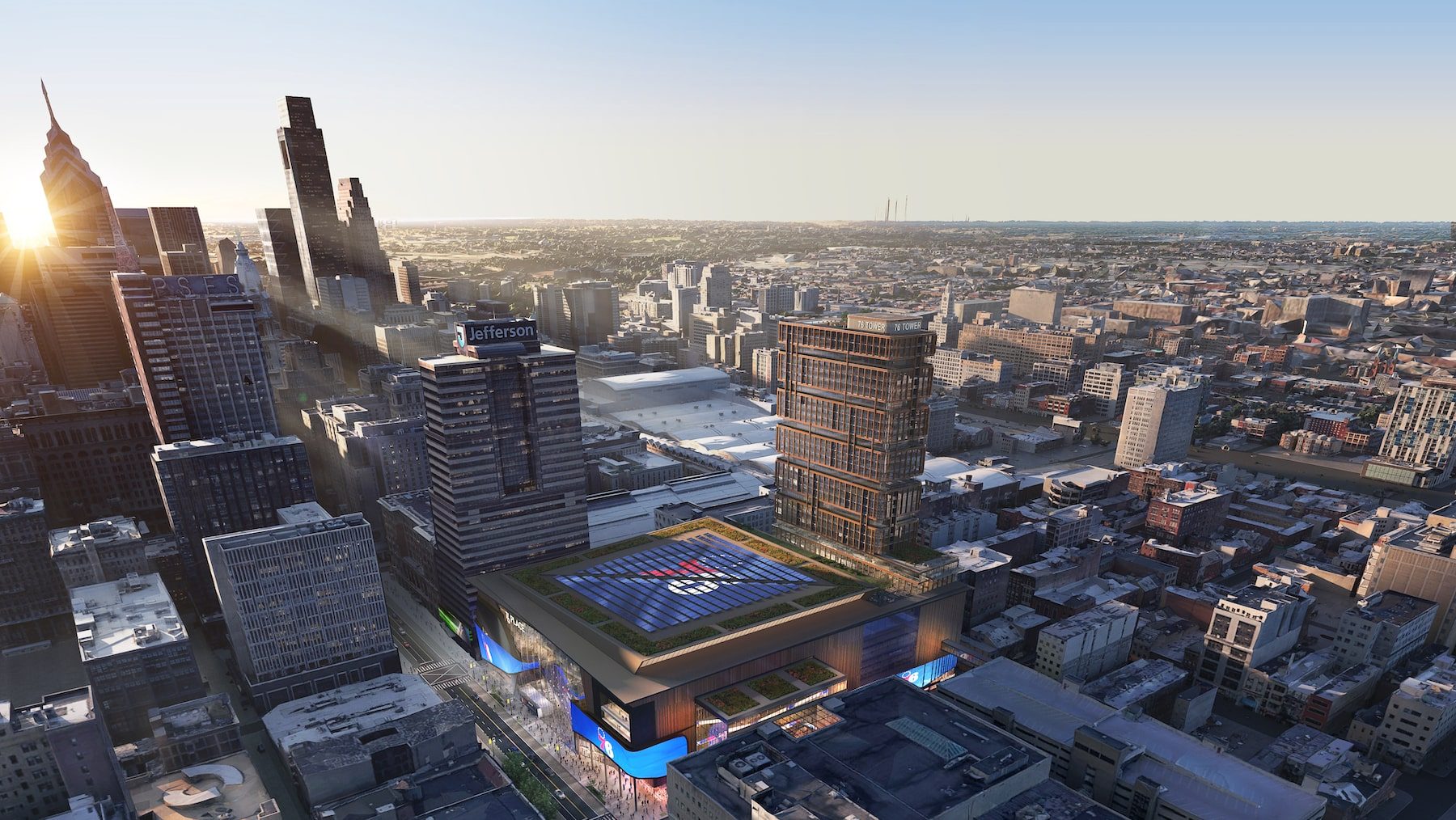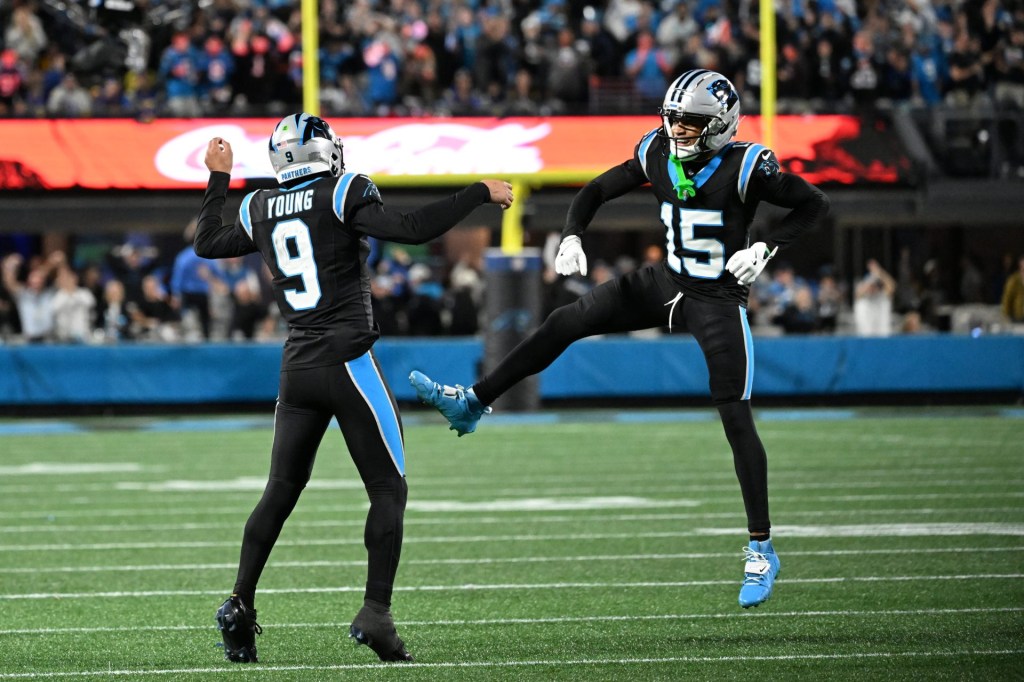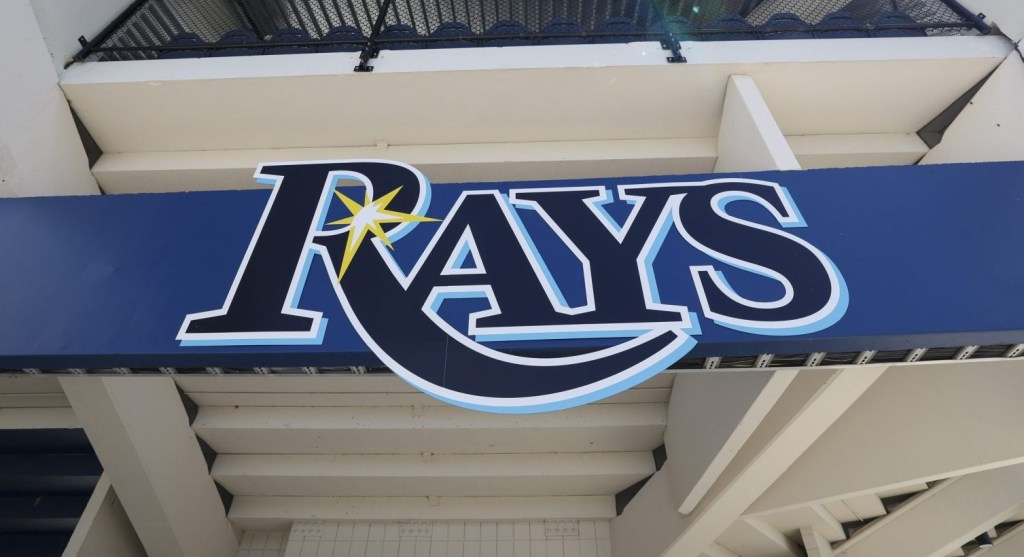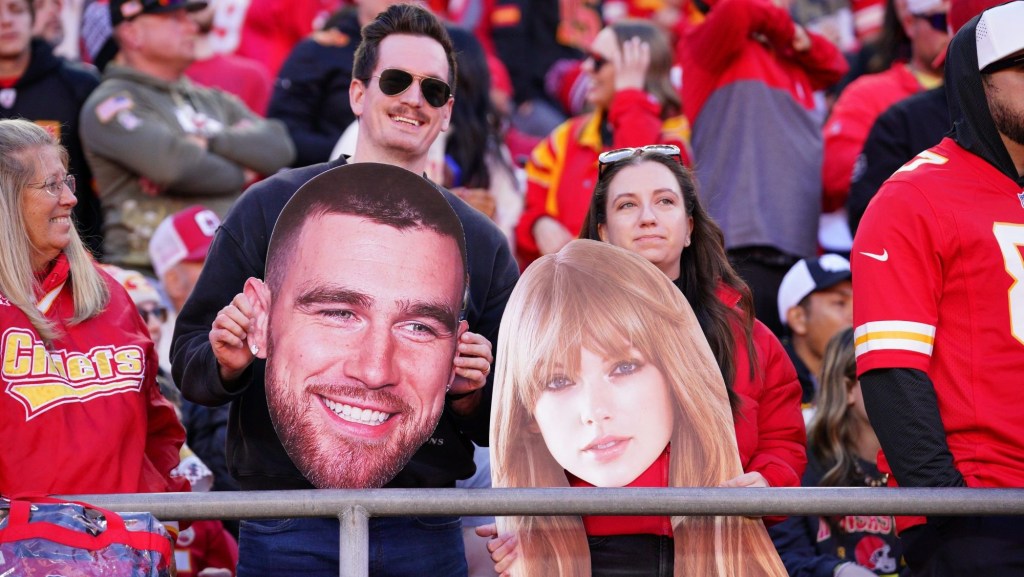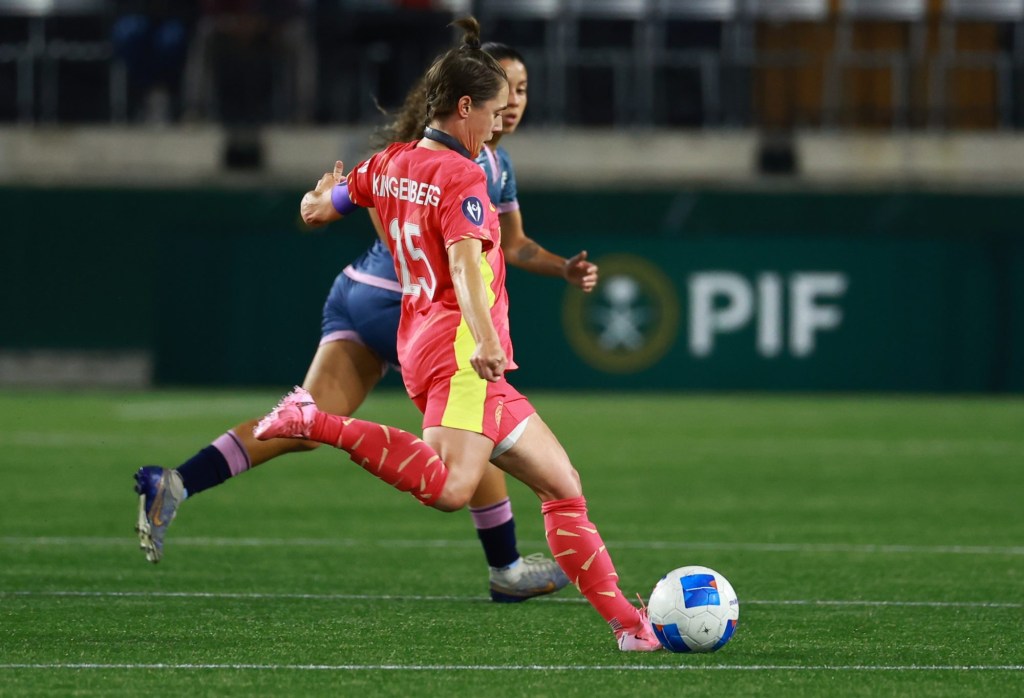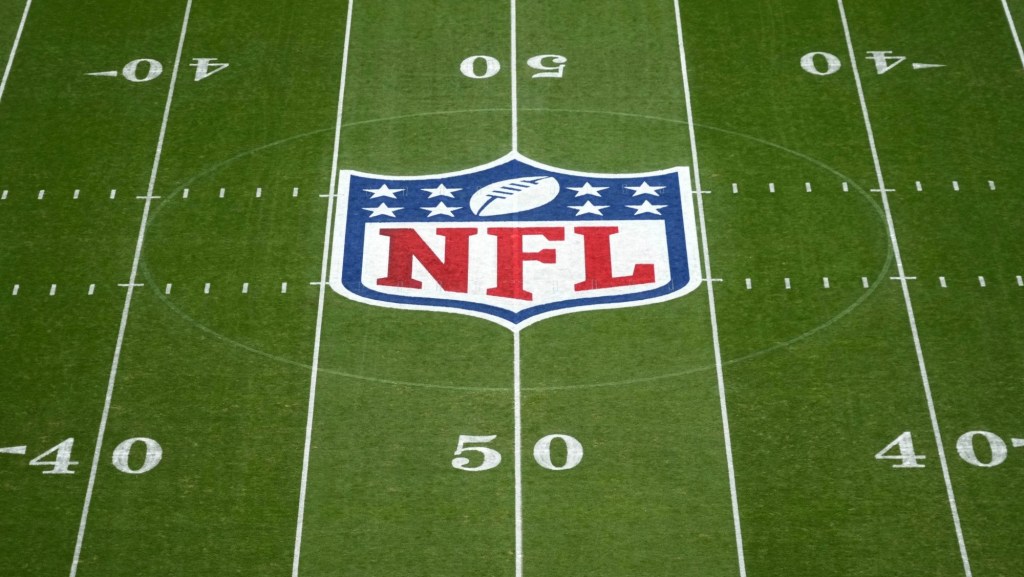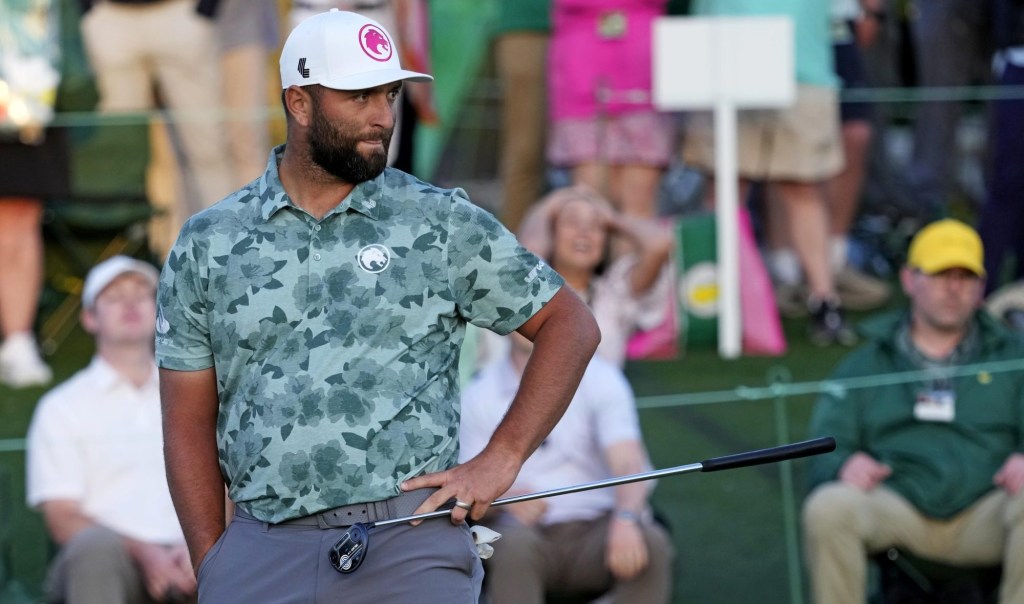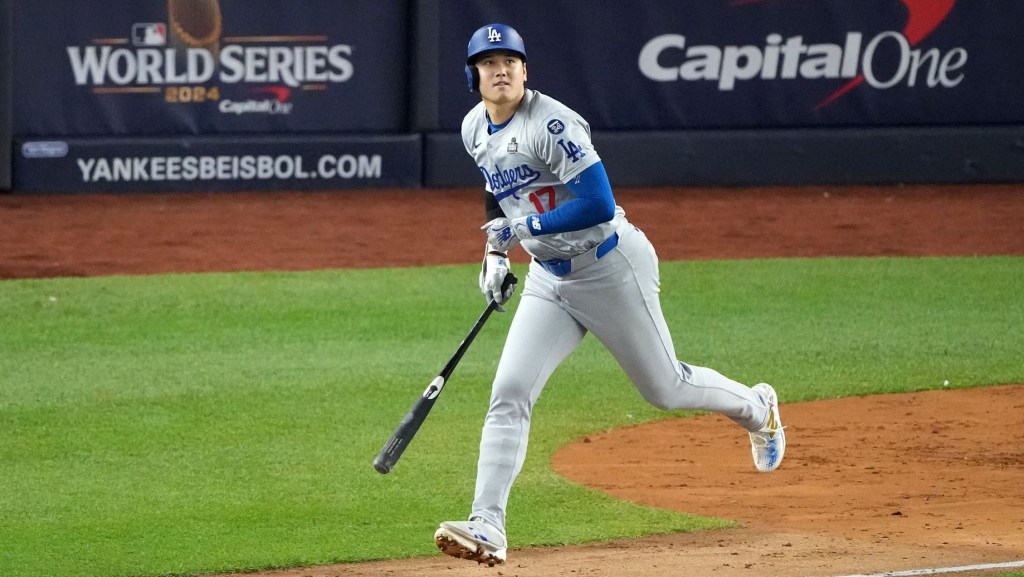A largely unprecedented citizen and government uprising against sports facility development defined 2024. Despite the continued and often-vitriolic pushback, though, most of the particularly contentious projects are still ending the year poised to become reality. It once again shows the power of sports to aggregate audiences and drive major decision-making by public officials.
Whether it be in Philadelphia, the Tampa area, Las Vegas, Washington, D.C., or Salt Lake City, stadium and arena projects are moving forward, even after plenty of bumps along the way.
Philadelphia
After more than two years of debate, planning, and plenty of local friction, the Philadelphia City Council in mid-December approved plans for a $1.55 billion, privately financed downtown arena for the 76ers.
To use the basketball pun, though, this was no slam dunk. Citizen outcry against the project was heavy, and still hasn’t really abated—due to substantial concerns in the neighboring Chinatown neighborhood of potential gentrification and the forcing out of incumbent ethnic communities. During the final vote, council proceedings were repeatedly disrupted by protestors, and the arena project promises to remain a divisive topic across Philadelphia, at least for the foreseeable future.
The move, however, will allow the NBA team to leave the Comcast Spectacor-controlled Wells Fargo Arena, and own and operate their own venue.
“The leadership [the] council and the mayor have displayed embodies a greater vision for Philadelphia,” said David Adelman, 76ers co-owner and lead developer. “They recognize how important this project is for the revitalization of our city.”
St. Petersburg, Fla.
A new, $1.3 billion stadium, after many years of seemingly fruitless pursuit and plenty of team relocation rumors, was seemingly a done deal—and then it wasn’t. A ballpark funding agreement first approved last summer found itself back in the crosshairs of local officials after the devastating effects of Hurricane Milton.
Both the city of St. Petersburg and Pinellas County took fresh looks at their respective bonds this past fall to help pay for the ballpark, and after some renewed doubts, each ultimately voted to issue those bonds. MLB commissioner Rob Manfred played a major role, traveling to Florida to meet with government leaders. Some county officials say they now trust the commissioner far more than Rays owner Stu Sternberg.
The saga, however, is still not over, as the ball is now back in the Rays’ court. The team says that delays have already pushed back a planned 2028 stadium opening to the following year, introducing additional costs it says it “cannot absorb alone.”
In the meantime, the club will be playing 2025 home games at George M. Steinbrenner Field in Tampa, the Yankees’ spring training complex, after the roof of Tropicana Field was shredded in the hurricane.
Las Vegas
It’s one thing to have citizen opposition to a stadium project, or even from certain council members. But a city mayor—typically one of the biggest cheerleaders in these types of projects—coming out against a stadium development is an entirely different matter.
That was the case in Sin City, as Las Vegas Mayor Carolyn Goodman told Front Office Sports Today in February that the site of a planned A’s ballpark along the famed Las Vegas Strip “does not make sense.” There were plenty more hurdles after that, too, including a widely panned stadium design and an increase in the projected development cost to $1.75 billion.
The stadium project, however, has been a survivor. There’s no city money involved, so Goodman’s powers to fight the A’s stadium were somewhat limited, and her tenure as mayor has since concluded after she hit local term limits. The former Tropicana Las Vegas resort at the ballpark site, meanwhile, has been imploded, the Las Vegas Vegas Stadium Authority has approved all of the key agreements related to the effort, and Manfred says the project is “full speed ahead.”
Elsewhere in Las Vegas, there are now three different notions about where to potentially have an NBA team play there—even before the league has yet to establish any sort of formal expansion process.
Washington, D.C.
It wasn’t a Capitol Hill flip-flop in the conventional political sense, but the building plans for Monumental Sports & Entertainment—the parent company of the NBA’s Wizards, NHL’s Capitals, and WNBA’s Mystics—showed a remarkable transition.
A highly controversial plan to build a $2 billion arena and mixed-use development in suburban Alexandria, Va., died just weeks after its public unveiling, largely due to the political will of influential Virginia state senator L. Louise Lucas. But rather than keep fighting in the commonwealth, MSE founder and CEO Ted Leonsis quickly pivoted, and instead forged a new deal with District of Columbia mayor Muriel Bowser on a large-scale renovation of Capital One Arena worth as much as $800 million.
The uniquely structured agreement will see the 27-year-old venue take on a new life, and anchor a planned revitalization of downtown Washington. In the midst of that, Leonsis called Bowser “the hero of the story.”
“She could have been mad at us and not talked to us. … She overcame, in an integrated way, all of our objections, and so it just felt natural to get there” on a deal,” Leonsis said of Bowser on Front Office Sports Today.
Salt Lake City
The Rocky Mountain town has traditionally been overlooked as merely fly-over country, but now is perhaps the hottest sports market in the industry. Now anchoring that is the booming presence of the relocated NHL franchise, Utah Hockey Club.
After a long-discussed arena plan for the former Coyotes once again fizzled in Arizona, league commissioner Gary Bettman quickly moved to bring the franchise to Salt Lake City, where it’s found a new lease on life.
Where political leaders in the Phoenix area did not come to an agreement with the much-criticized Coyotes owner Alex Meruelo, Utah Hockey Club’s Ryan Smith has worked local leaders to spur city council approval of a new sports and entertainment district in downtown Salt Lake City that contemplates improvements to the Delta Center, home of the soon-to-be-named hockey club and the NBA’s Jazz.
Chicago
The big outlier to the broader trend of stadium projects getting approved in the face of adversity is the Windy City. Both the NFL’s Bears and MLB’s White Sox have put forward proposals for new venues in or near downtown Chicago. And both clubs—losing ones, and in the White Sox’ case, historically so—have found no meaningful support among local leaders.
“Right now, there is no building any new stadiums,” Illinois Gov. J.B. Pritzker tersely said of the situation in that state.
Elsewhere
While those new projects are gaining momentum, there are also several other major stadiums in arenas already in construction and quickly coming to life, including new NFL stadiums for the Bills and Titans, and a forthcoming venue for Major League Soccer’s Inter Miami CF.
The Bills’ stadium in Orchard Park, N.Y., however, has seen its cost now surpass $2.1 billion, with owner Terry Pegula taking on more than $560 million in cost overruns.
“Stadium costs are over budget,” Bills owner Terry Pegula said at recent NFL owners’ meetings. “We’re on time, so that’s under budget. But you know, in today’s world, anybody who’s building anything will tell you they’re over budget because of inflation, the aftereffects of COVID and supply chain and all that kind of stuff. Increased costs are part of the business.
“We’ve actually built a stadium at the worst possible time over the last 30 years,” he said.
